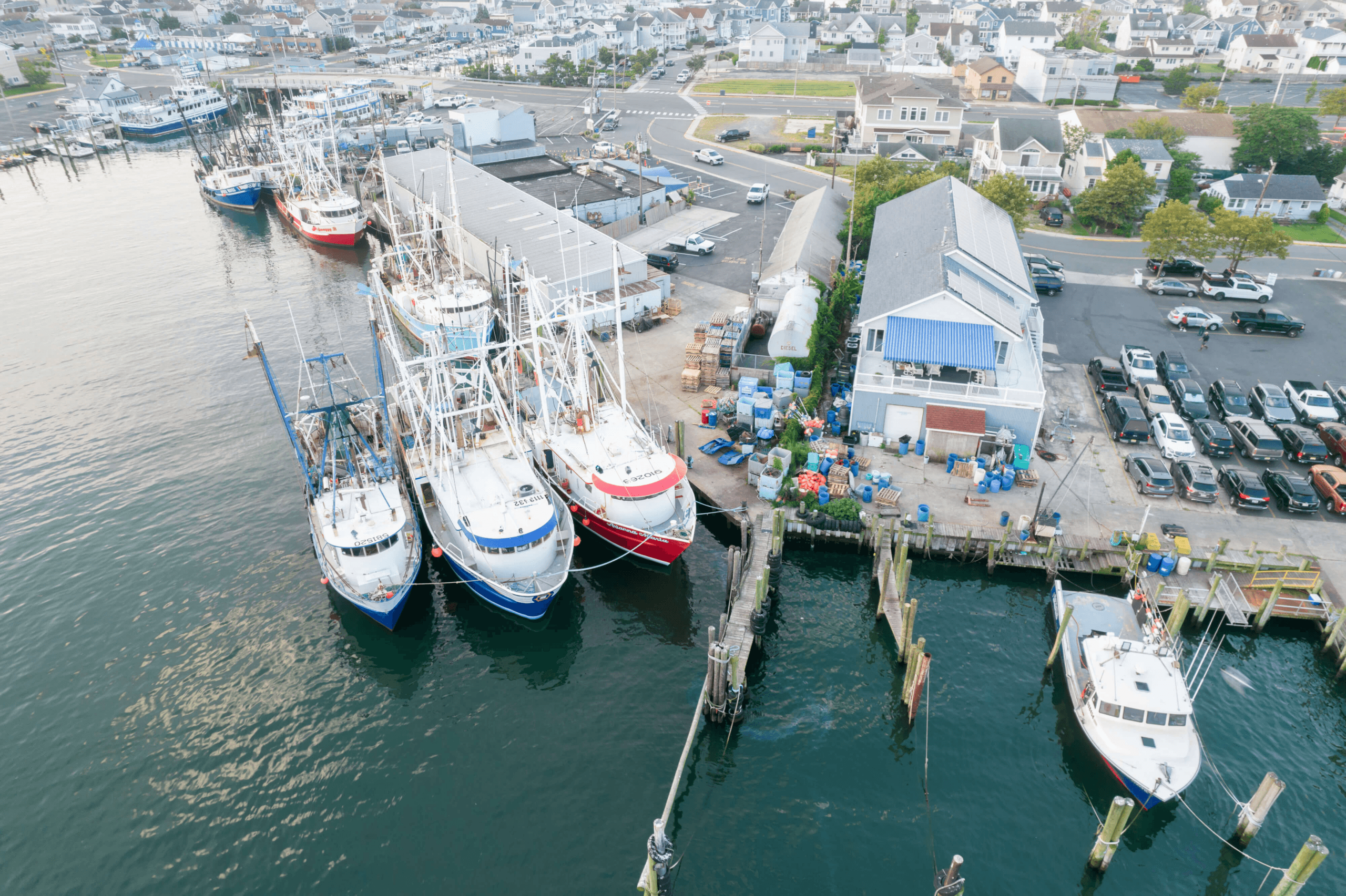MACAN Coastal & Ocean Acidification Workshop
Thank you for attending! Scroll Below for Videos and Links to Presentations.
Monday, September 11, 1:00-5:00 PM

Session 1: Assessing Vulnerability in Mid-Atlantic Species, Ecosystems, and Industries
This session will focus on the biological impacts and socioeconomic vulnerability of species, habitats, and the shellfish industry in the Mid-Atlantic. Lessons learned from interviews with growers and fishermen about their adaptation capacity will also be highlighted.
Speakers:
Session 2: New Initiatives in Outreach and Community Engagement
This session will focus on the latest outreach initiatives and available resources from the East Coast CAN’s (coastal acidification networks) and their partners (OAP, The OA Alliance, and the Aquarium Conservation Partnership).
Speakers:
Session 3: Updates on Federal and State OA Initiatives and DEIJA Considerations
This session will provide an overview of national, federal, and state initiatives in monitoring and mitigating COA. There will be an extended time for discussion at the end of this session.
Speakers:
Jeff Herter and Nicole Jean Christian
Courtney Witkowski
Casey Personius
Megan Rutkowski
Mollie Yacano
Rachel Lamb
Tuesday, September 12 9:00-2:30 PM

Session 1: Monitoring, Technology, and Data to Inform Management Decisions
This session will highlight some of the latest research, monitoring, and data tools being developed for community scientists, resource managers, and the aquaculture industry.
Speakers:
Carly LaRoche
Kalina Grabb
Janet Reimer
Teresa Schwemmer
Abigail Sisti
Session 2: mCDR and Panel Discussion
mCDR is a key component of the national Ocean Climate Action Plan (OCAP). This session will focus on newly funded NOAA projects, governance considerations, and how industry is advancing mCDR monitoring, reporting, and verification methods.
Speakers:
Session 3: Nature-Based Solutions for healthy ecosystems and mCDR
This session will discuss approaches to mCDR and maintaining healthy ecosystems through restoration or enhancement of shellfish, SAV, and ecologically important habitats.
Speakers:
Get Involved
If you are interested in learning more about MACAN and the work we do, please sign up for our monthly newsletter. You can also read our 2024 to 2028 Work Plan.

The Mid-Atlantic Coastal Acidification Network. All Rights Reserved.